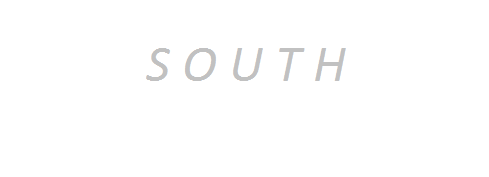I heated water from the stream and made a coffee, and then packed up my gear. I had hoped the wind would reverse direction overnight but it was again blowing down the mountain. I rode back up to the 29 switchbacks of Las Caracoles and slowly began my way up past where I had turned back the day before. It was not nearly as difficult as I imagined but with the night's rest I was stronger. At the top I met a Brazilian motorcyclist and had him take my picture. Then there was more climbing before the few buildings that was the town of Portillo and then the Chilean police and customs stop some kilometers further.
Las Caracoles--look closely to see the switchback curves
Half way
The top
Long covered section before the tunnel to Argentina
I passed through what I thought was Chilean customs, but instead of an exit stamp I received a single paper from the police that I had no idea what to do with. After a covered section I was at the tunnel and a man waved me down and told me he would drive me through in an offical camionetta. As before I pulled off the front panniers and we lifted the bike into the back of the pickup. It is a 2 mile long tunnel at 3,175 meters and as we drove through the Chilean customs man explained that on the other side I would pass through both Chilean and Argentine customs one after the other. The paper I was carrying from the Chilean police would be necessary to get me through. The big climbs were over and I would be mostly descending from here.
There was a long line of cars and camions that I rode through on the shoulder and after turning in my paper from the Chilean police I received another paper with something handwritten on it and a couple of exit stamps. This paper I was told to keep and I was sent through into Argentina. I passed the Aconcagua, the highest mountain in the world outside of the Himalayas, and then passed the Puente del Inca (The Inca's Bridge), and then down descending. I stopped and ate lunch at a restaurant and it felt good to be back in Argentina and to hear the Argentine accent.
The Aconcagua
Puente del Inca
Ruta 7 then began to follow the Rio Mendoza and the wind picked up, gusting up through the river valley. I had had dreams of a great wind taking me down from the mountains and blowing me into Mendoza, but it was not to be. I dropped down into my climbing gears and fought down the descent into it. There were cyclists coming up the pass who were moving faster than I was. My legs were tired and it was a crushing blow. I did not ride much further before I began to look for a place to camp. I would not make Mendoza today.
Just beyond a bridge over the Mendoza River I saw a raised section of earth and pushed the bike up to camp there. In fact it was a cliff overlooking the river and a smaller stream that ran down from the mountains into it. The wind was really blowing now and I pitched the tent being careful not to lose a part of it in the wind. I heated water for a bowl of oatmeal and a cup of coffee and ate some cookies and an apple. It was 150km to Mendoza and if the wind was right tomorrow I could make it.
View from the cliff above the Rio Mendoza where I camped

















































